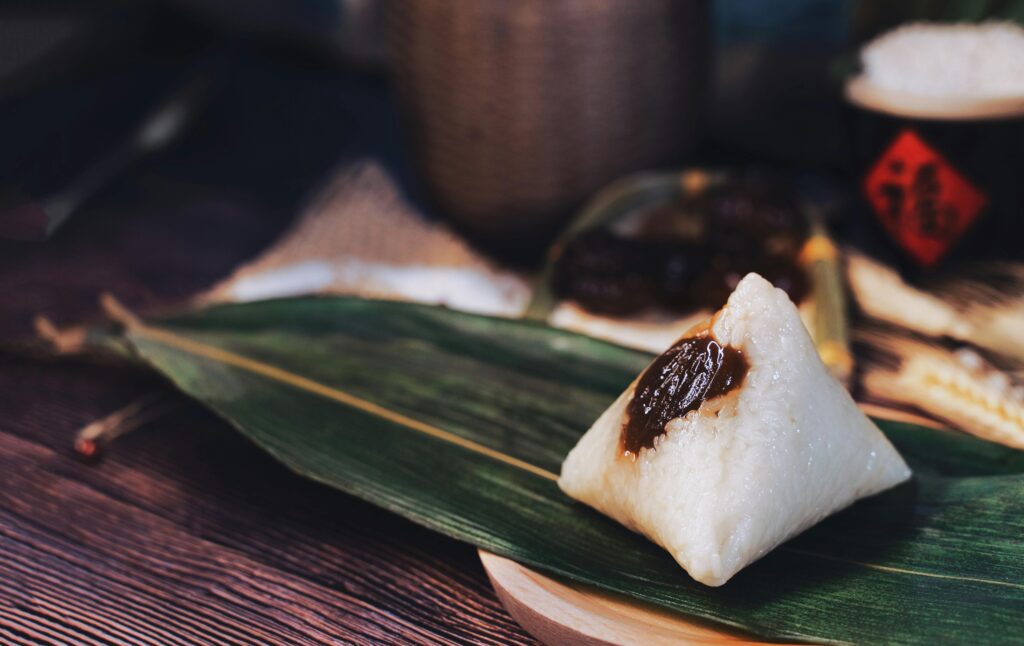As the Dragon Boat Festival approaches, you might wonder how to greet your Chinese friends properly. Is it “端午快乐 (Duanwu Kuaile)” or “端午安康 (Duanwu Ankang)”? Technically, both are correct, but many Chinese people today prefer Duanwu Ankang—a more culturally sensitive and emotionally respectful greeting rooted in the festival’s historical meaning.
Let’s take a closer look at why this difference matters, and what the Dragon Boat Festival is really about.
When Is the Dragon Boat Festival Celebrated?
The Dragon Boat Festival, known as Duanwu Jie (端午节) in Chinese, is held on the 5th day of the 5th month of the lunar calendar. In 2025, it falls on May 31. This date is considered particularly “yang” (阳) or energetically intense in traditional Chinese thought, often associated with the rise of summer heat and potential disease—one reason health and well-being are central themes of the holiday.
Historical Origins: A Tribute to Qu Yuan
The most well-known origin story of Duanwu Jie is tied to Qu Yuan (屈原), a patriotic poet and loyal minister of the State of Chu during the Warring States period (c. 340–278 BCE). When he was exiled by the corrupt court and later learned that his homeland had been conquered, he chose to end his life by drowning in the Miluo River.
In response, local people raced out in boats to find his body, throwing rice dumplings (zongzi) into the river to keep fish and evil spirits away from it. This act gave rise to the dragon boat races and the custom of eating zongzi—now iconic traditions of the festival.
Cultural Customs and Modern Practices
The Dragon Boat Festival is celebrated with a rich blend of activities, many of which reflect the dual themes of remembrance and protection:
| Tradition | Meaning |
|---|---|
| Eating Zongzi | Honoring Qu Yuan and offering symbolic protection |
| Dragon Boat Racing | Reenacting the search for Qu Yuan’s body |
| Wearing Scented Sachets | To ward off disease and evil spirits |
| Hanging Mugwort and Calamus | Traditional herbal protection |
These customs show how the festival is not purely joyful, but layered with remembrance, health-consciousness, and spiritual symbolism.
Why “安康” (Ankang) Instead of “快乐” (Kuaile)?
While “快乐” (kuaile) means happy and is widely used in greetings like “新年快乐” (Happy New Year) or “生日快乐” (Happy Birthday), some Chinese feel that using it on Duanwu may be culturally tone-deaf. After all, the festival originated from a tragic death and centers around themes of illness prevention and remembrance. Saying “快乐” might seem insensitive to those who hold these traditions close.
“安康” (ankang), meaning peace and health, is seen as more appropriate and thoughtful. It captures the holiday’s spirit—wishing others safety, wellness, and calm in a season once associated with danger and disease.
Conclusion: A Greeting That Reflects the Season
So, how should you greet someone during the Dragon Boat Festival?
Both Duanwu Kuaile and Duanwu Ankang are technically acceptable, and you’ll hear both in casual settings. But if you want to show deeper cultural awareness and emotional sensitivity, “Duanwu Ankang” is the more thoughtful choice—especially when addressing elders or those who observe the holiday with traditional reverence.
This small change in wording can go a long way in showing your respect for Chinese culture and history.
